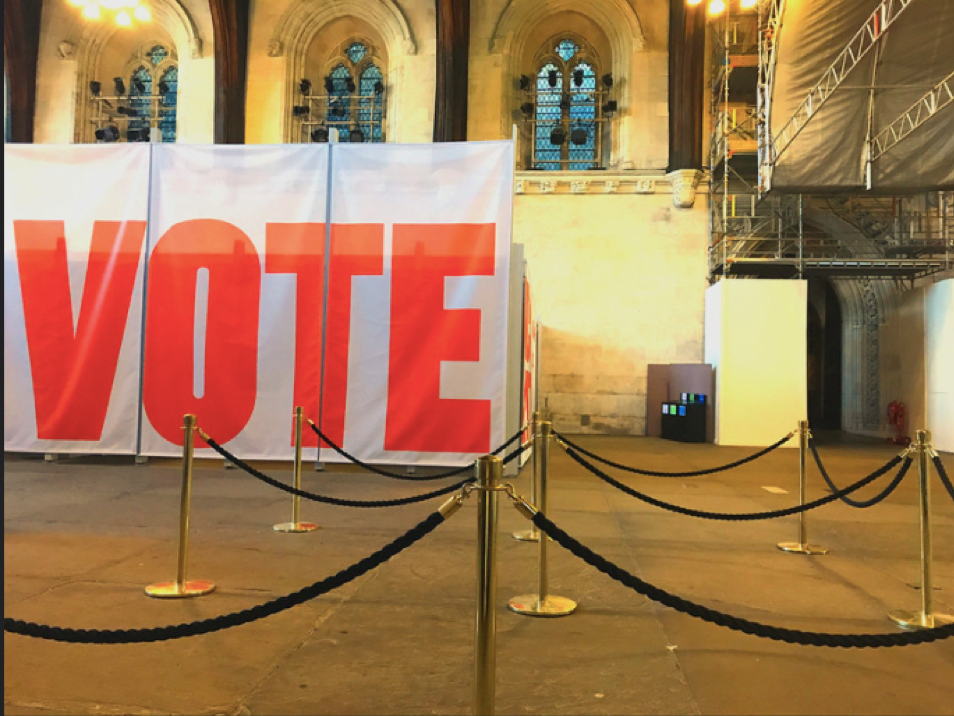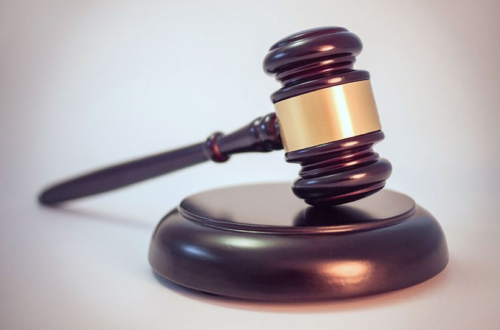In the days leading up to the election, different voting groups in Florida were targeted with intimidating messages to suppress the intention to vote in the 2020 election.
In Alachua County, registered Democrats received intimidating emails from a group claiming to be affiliated with the Proud Boys, a far-right male-only extremist group that threatened them to vote for President Trump.
“You will vote for President Trump on Election Day or we will come after you. Change your party affiliation to Republican to let us know you received our message and will comply. We will know which candidate you voted for. I will take this seriously if I was you,” the email read.
As soon as screenshots of the emails started surfacing on social media, federal and Florida state authorities got to work in investigating who was behind the voter intimidation messages. The Alachua County Sheriff’s office posted on Facebook that they are currently investigating the threats and coordinating with the FBI.
Investigators and researchers found that the emails were originally sent from a server in Saudi Arabia, and the information about party identification was routed from Estonia. While authorities are still investigating who the culprits are, the foreign intervention in American elections is not a new phenomenon.
In 2016, intelligence and law enforcement agencies concluded that Russia used social media to spread false information and intimidate voters.
In September, the FBI warned that Russia and other foreign entities would continue to use misinformation to intimidate voters into not voting through false information on social media sites like Facebook.
“The intelligence community consensus is that Russia continues to try to influence our elections,” said FBI Director Christopher Wray to a Congressional panel on electoral interference.
The recent movement of protests for racial justice in America is one of the main topics that Russia has been using to spread misinformation and suppress the vote of minority groups. However, it is not just foreign adversaries that are using important issues to Black Americans to stem division.
The Trump campaign has been accused of running misleading ads in majority-Black neighborhoods in Miami-Dade County during the 2016 election. Opa-Locka, Little Haiti, Richmond Heights and Florida City are all areas the Trump campaign used targeted advertising with misleading information to deter Black voters from voting in the election.
The Trump campaign worked in conjunction with Cambridge Analytica, a British data firm under investigation for illegal data handling, to develop data points on how likely Black voters were at turning out so the campaign could use directed targeting to depress their intention to vote.
The tactics of misleading information continue to target the Black community in 2020. The use of memes and viral videos that actively discourage people from voting were flagged both on Twitter and Facebook.
One social media account posted a video of a Black man asking multiple questions “Can we vote out systemic racism? Can we vote out police violence? The obvious answer is no.”
“Don’t vote,” the video concluded.
Despite the active strategies to suppress the vote in Florida, early voting turnout numbers suggest that voter intimidation did not stop people from casting a ballot.
While activists and strategists were concerned about the turnout of the Black vote in Miami-Dade, organizers held last-minute rallies such as “Souls to the Polls” to finalize the last push during the early voting period.
The record-breaking voter turnout is a positive sign that people in Florida, and around the country, were not intimidated to make their voices heard.
Featured Image: an empty polling place before an election. Photo by: Bill Smith under a Creative Commons license. (https://bit.ly/2TXqu7G)
Check out other recent articles from the Florida Political Review here.





